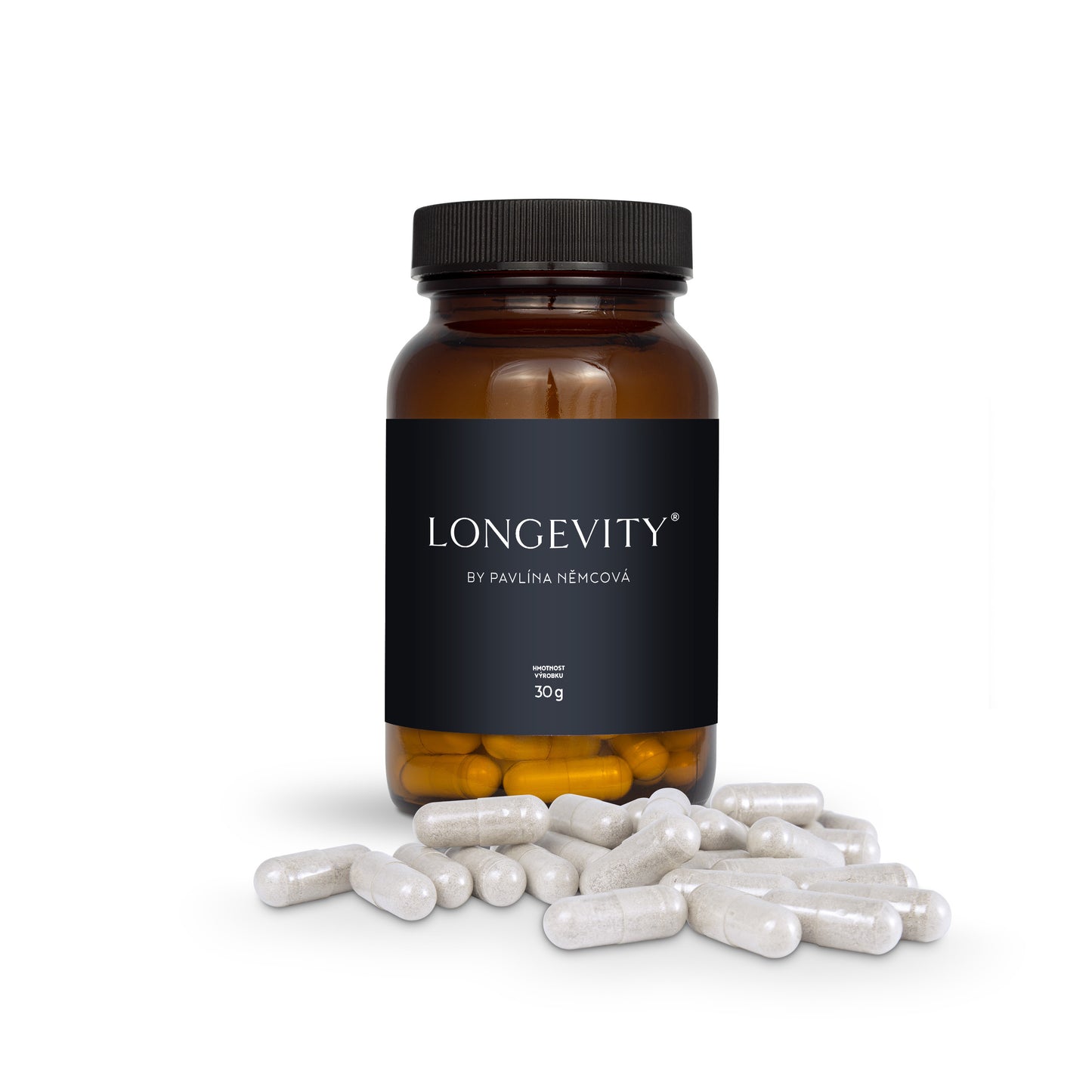
Aging Gracefully: Tips for Maintaining Health in Later Years
Aging is a natural part of life that can be met with confidence and vitality when supported by healthy habits and a positive mindset. Embracing the process with informed practices can help maintain physical health, cognitive function, and emotional well-being. Here are some essential tips to support your journey toward aging gracefully.
1. Stay Physically Active
Regular exercise is crucial for maintaining strength, flexibility, and balance, which are essential for reducing the risk of falls and injuries. Activities like walking, swimming, yoga, and strength training can keep muscles strong and joints flexible. Aim for at least 150 minutes of moderate aerobic activity each week, combined with muscle-strengthening exercises.
Tip: Choose activities you enjoy to stay consistent. Exercising with friends or joining community classes can also add a social element that boosts emotional well-being.
2. Maintain a Balanced Diet
Good nutrition becomes even more important as the body’s nutritional needs change with age. A diet rich in fruits, vegetables, whole grains, lean protein, and healthy fats can provide essential nutrients that support overall health.
Tip: Include foods rich in antioxidants, such as berries and leafy greens, to combat oxidative stress, which accelerates the aging process. Ensure adequate intake of calcium and vitamin D to maintain bone health.
3. Keep the Mind Engaged
Mental health is as crucial as physical health. Engaging in mentally stimulating activities helps maintain cognitive function and may reduce the risk of dementia. Reading, puzzles, learning new skills, or even playing musical instruments can keep the mind sharp.
Tip: Social engagement also plays a role in brain health. Participating in social activities, volunteering, or joining clubs can provide cognitive stimulation and combat loneliness.
4. Prioritize Sleep Hygiene
Quality sleep helps the body repair and recharge. As people age, sleep patterns can change, and getting sufficient sleep can become more challenging. Aim for 7-8 hours of restful sleep each night and create an environment conducive to good sleep hygiene.
Tip: Maintain a regular sleep schedule, avoid caffeine in the late afternoon, and establish a relaxing bedtime routine to signal to your body that it’s time to wind down.
5. Stay Hydrated
Hydration is often overlooked but essential to maintaining energy levels and promoting overall health. Older adults may have a reduced sense of thirst, which can lead to dehydration.
Tip: Carry a water bottle as a reminder to drink throughout the day. Herbal teas and water-rich foods like cucumbers and watermelon can also contribute to daily hydration.
6. Manage Stress and Cultivate Positivity
Chronic stress can accelerate aging and negatively affect health. Mindfulness practices, meditation, deep breathing exercises, and journaling are all effective stress management tools. Cultivating a positive attitude has been linked to better health outcomes and longevity.
Tip: Surround yourself with uplifting people and engage in hobbies that bring joy. Gratitude practices, like noting down things you are thankful for, can shift focus toward the positive aspects of life.
7. Regular Health Check-Ups
Prevention is better than cure, and regular check-ups are essential for detecting potential health issues early. Keeping up with doctor visits, screenings, and vaccinations can provide peace of mind and help maintain good health as you age.
Tip: Stay informed about health markers such as blood pressure, cholesterol, and blood sugar levels to manage potential risks proactively.
Aging gracefully is about embracing life and nurturing your body and mind. By incorporating these tips into your daily routine, you can enjoy a fulfilling life marked by health, vitality, and happiness. Remember, it’s never too late to adopt positive changes and invest in your well-being for the years to come.




